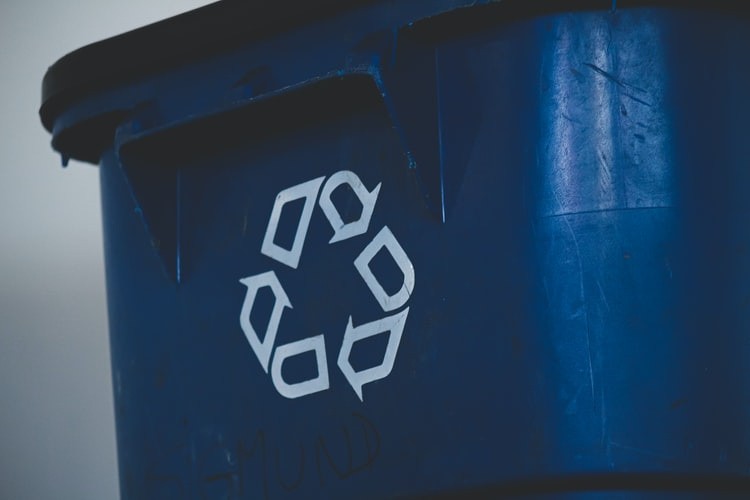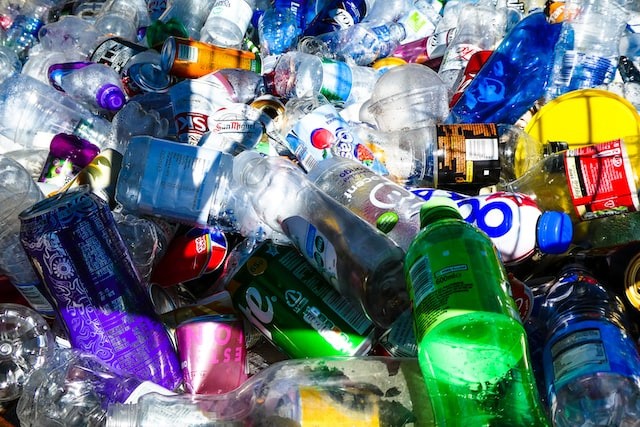We've put the coffee cup with the lid on and some coffee remaining inside the recycling bin, as well as that thin plastic wrapper, a pizza box, a lightbulb, a broken glass, batteries, chopsticks, and possibly even an extension cord, in the hopes that it would suddenly transform into something new.
However, the reality is that we lack a miraculous recycling mechanism that can instantly change anything into anything fresh.

What is Wishcycling?
Wishcycling is placing something in the recycling bin in the hopes that it will be recycled despite the lack of supporting data. The foundation of wishcycling is hope. People prefer to think that recycling an item will become a new product rather than being buried in a landfill, burned, or discarded, even if they may need to be certain the system works.
In response to public concern over trash and waste, the recycling business was established in the United States in the 1970s. Consumer perception of trash altered with the expansion of recycling and collecting programs: It seemed somewhat inadequate if waste could result in the creation of new items via recycling.
Immediate Mobilization

Governments, businesses, and environmentalists all promoted and rewarded recycling behavior using pro-recycling propaganda. This was particularly true for plastics with resin identification codes enclosed in triangles of "chasing arrows," signifying that the product was recyclable, even though this was frequently untrue.
Only resins No. 1 (polyethylene terephthalate, or PET), and No. 2 (high-density polyethylene, or HDPE), have markets and are very simple to recycle. Some governments don't even collect the others because recycling is difficult.
When China began Operation National Sword in 2018, wishcycling became widely known.
Wishcycling gained widespread attention in 2018 after China implemented Operation National Sword, a broad range of limitations on importing most foreign waste products. Millions of tons of scrap metal, paper, and plastic were purchased by China from wealthy nations over the previous 20 years for recycling, providing those nations with a quick and affordable option for waste management.
Is it working?
With the wide variety of material combinations used in products and packaging, waste collection systems worldwide need help keeping up. We are witnessing the onset of an exponential trash issue in combination with recent changes to the global recycling supply chain.
There is a long list of things you should not put in your recycling (since they frequently contaminate the entire load, wind up in the landfill, or are burned, all of which cost the recycling firm money). It's shocking how many goods that should be excluded are listed in some places.
This is because recycling varies significantly from place to place, and that the complexity of the material world we have created makes it challenging for waste processors to keep up with the variety of constantly shifting waste streams.
Greenwashing
The problem of "greenwashing" or tricking customers into believing something is environmentally friendly or, in this case, recyclable when it isn't. But it's not as simple as tricking or manipulating us all into believing that everything marked with a recycling emblem may be recycled.
Related Article : Alarming Report Considers Plastic Pollution as a Planetary Emergency
For more environmental news, don't forget to follow Nature World News!
© 2025 NatureWorldNews.com All rights reserved. Do not reproduce without permission.





